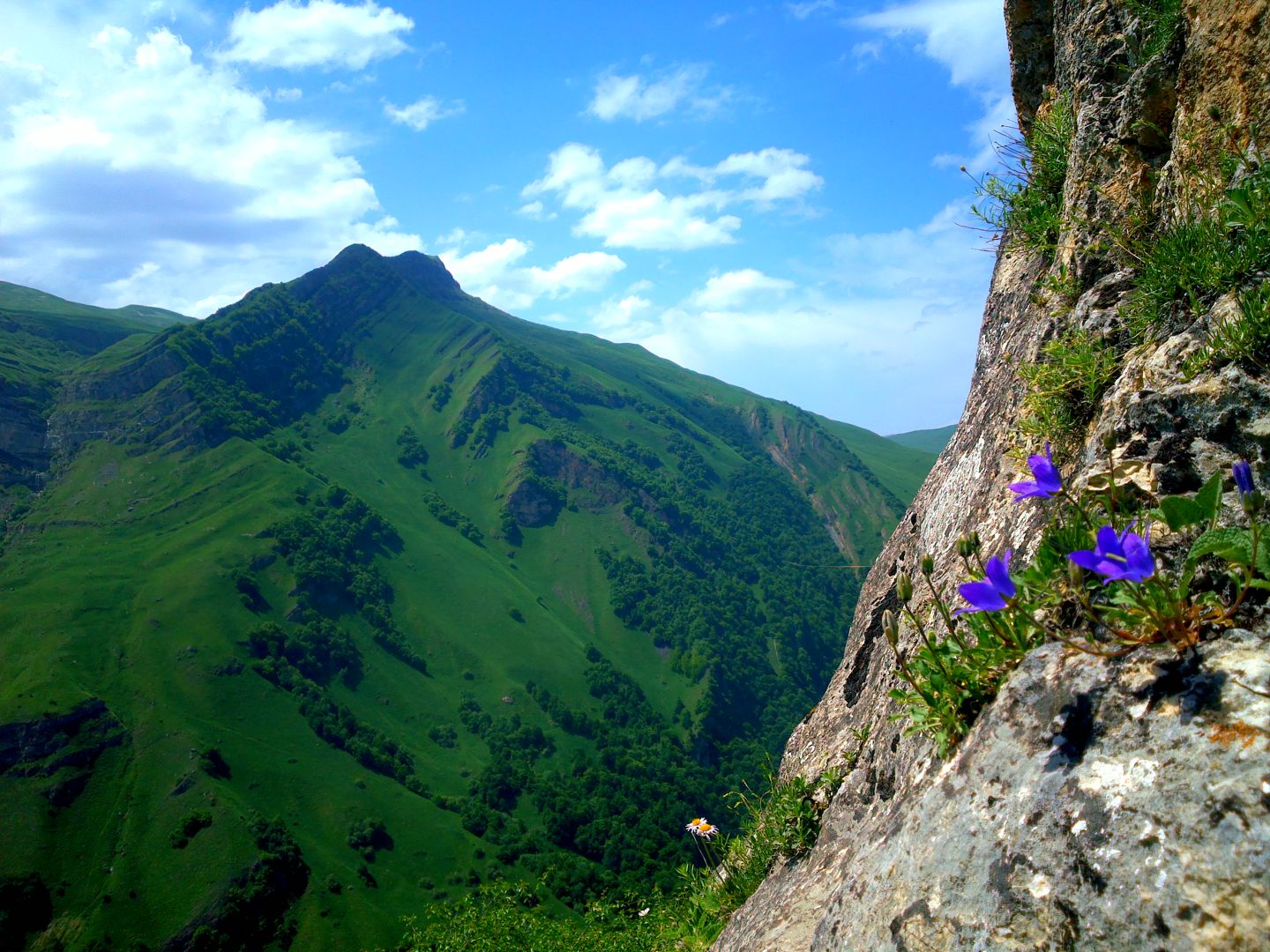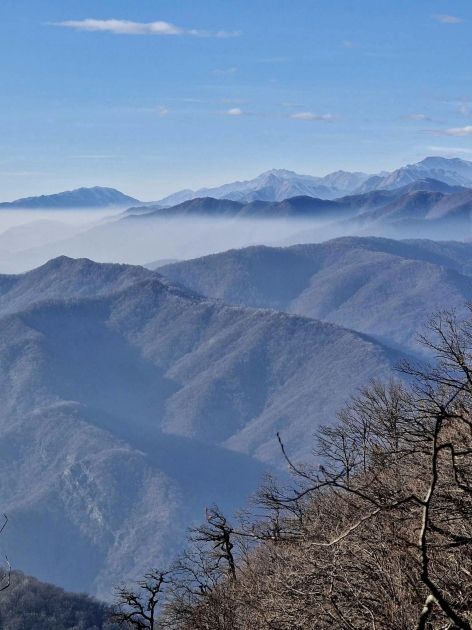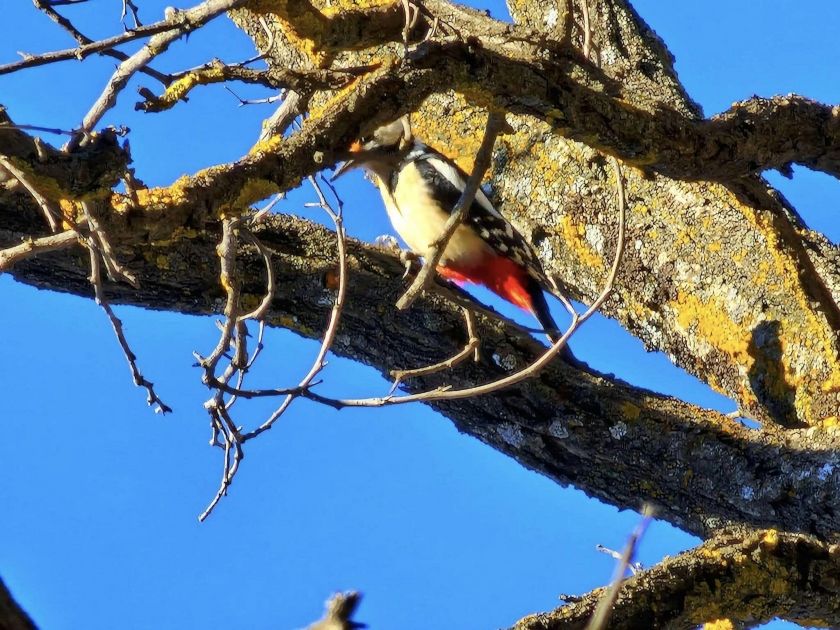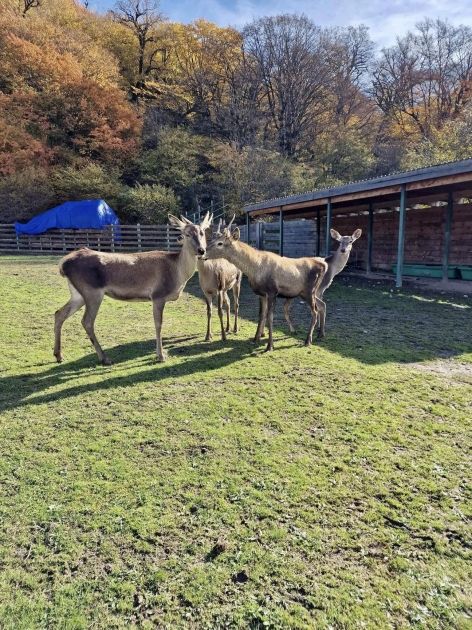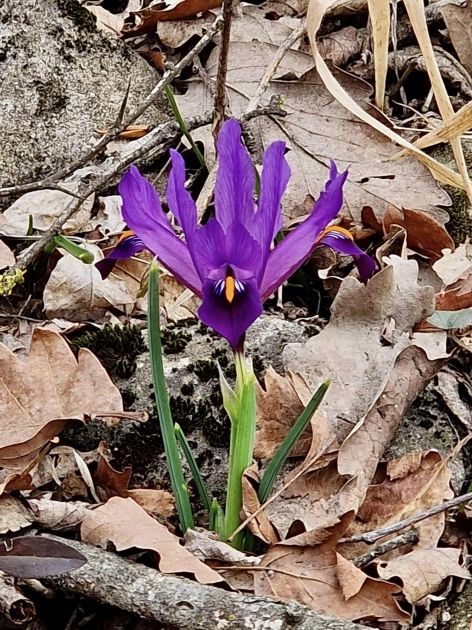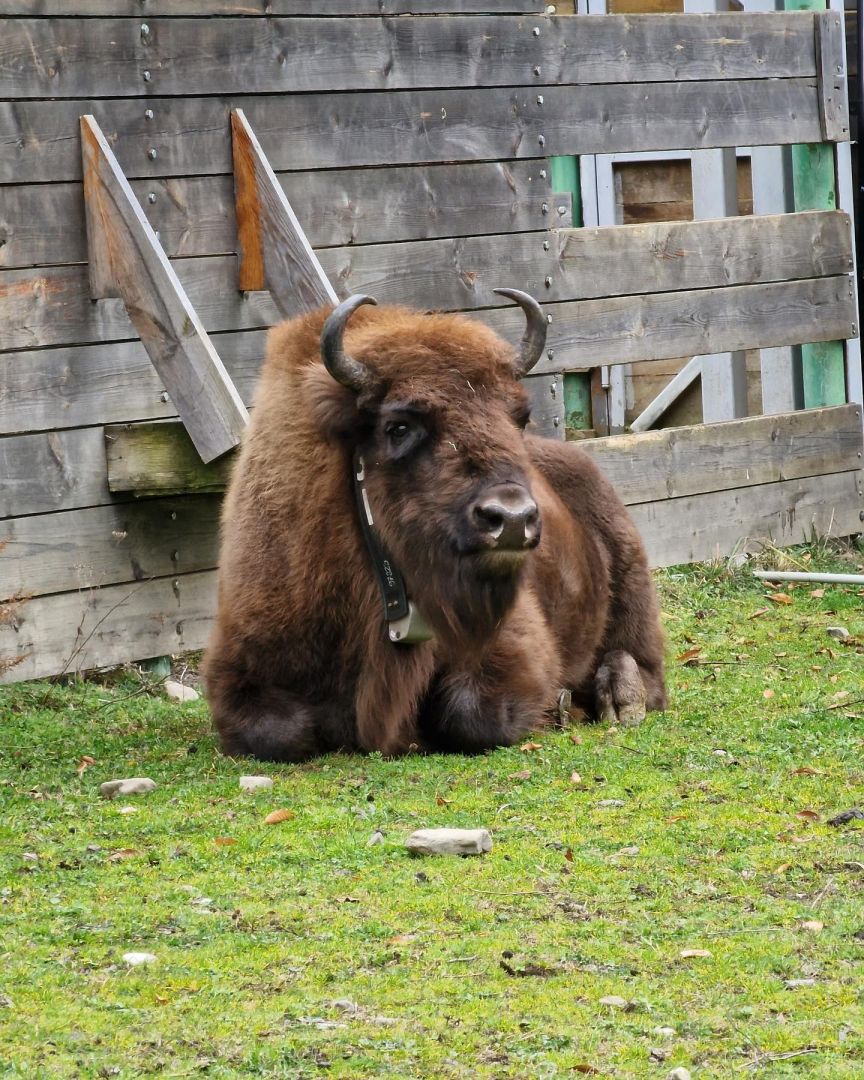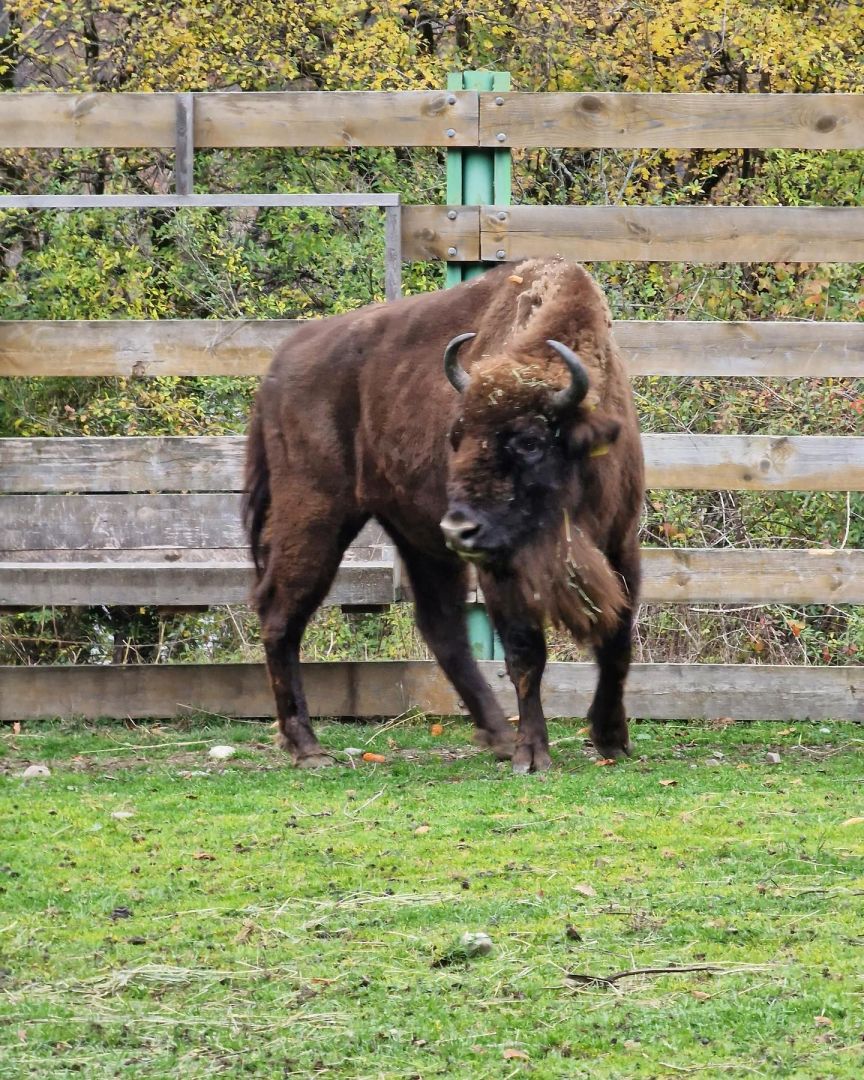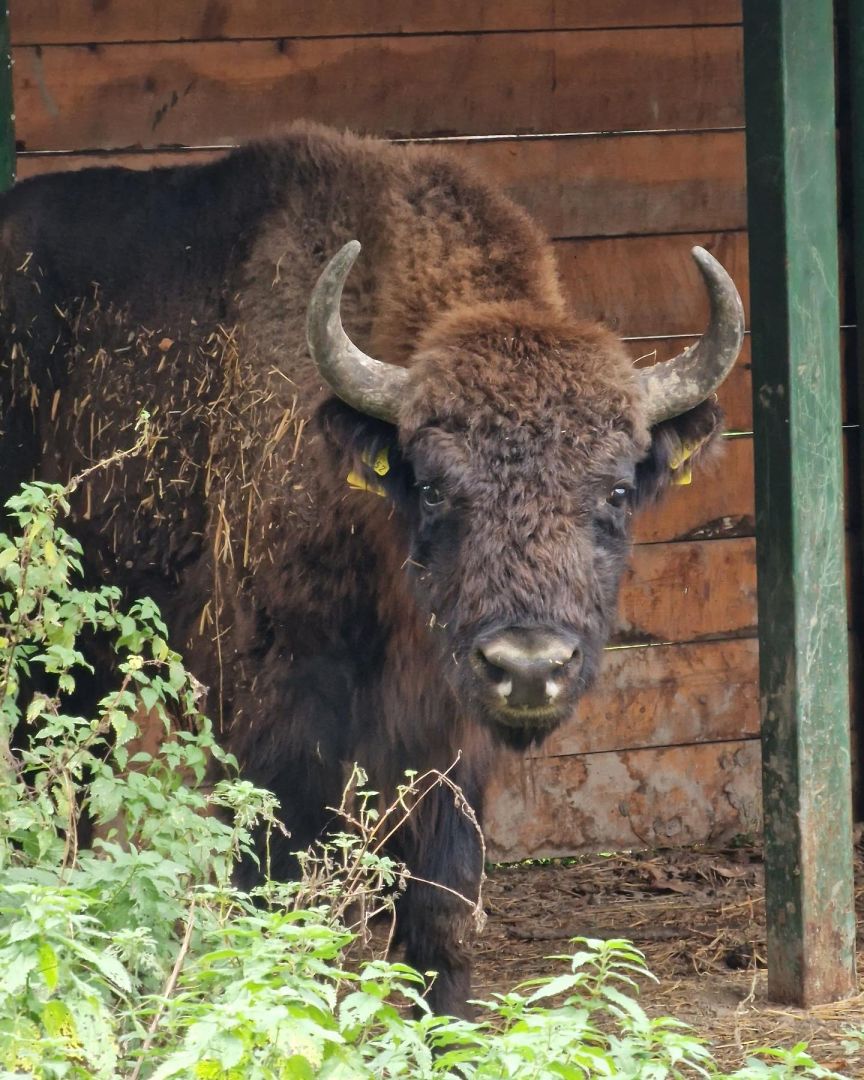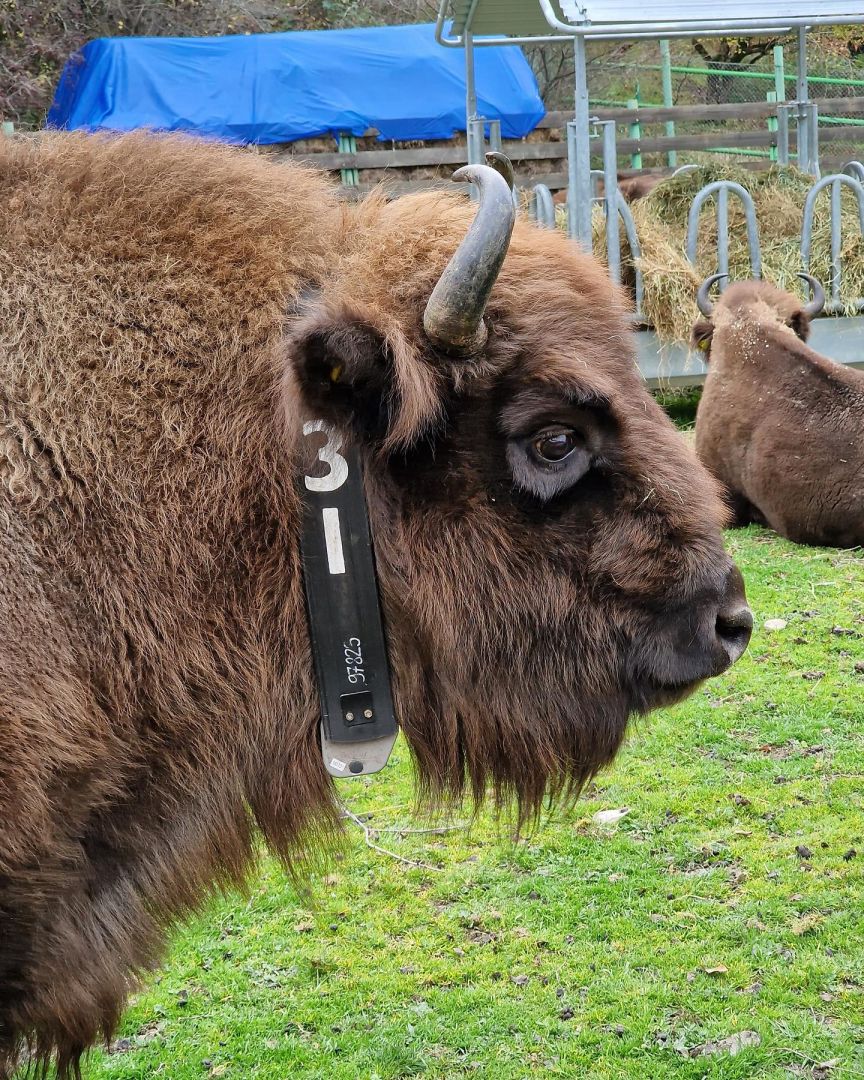Shahdag National Park offers glimpse into natural wonders [PHOTOS]
![Shahdag National Park offers glimpse into natural wonders [PHOTOS]](https://www.azernews.az/media/2023/11/27/fotoramdrio.jpg)
Shahdag National Park is a truly heaven for biodiversity, offering a glimpse into the natural wonders and providing a sanctuary for remarkable animal species.
Spanning over 115,895 hectares, Shahdag National Park was established in December 2006 to preserve precious ecosystems.
The park's towering heights contribute to its diverse climate, flourishing flora, and abundant wildlife.
Diverse Flora and Fauna
Within the park, one can find a variety of tree species, including the Caucasian Oak, Caucasian and European Hornbeam, Oriental Hornbeam, Oriental Beech, Silver Birch, Birch, Common Yew, White Willow, Common Walnut, and Wild Cherry.
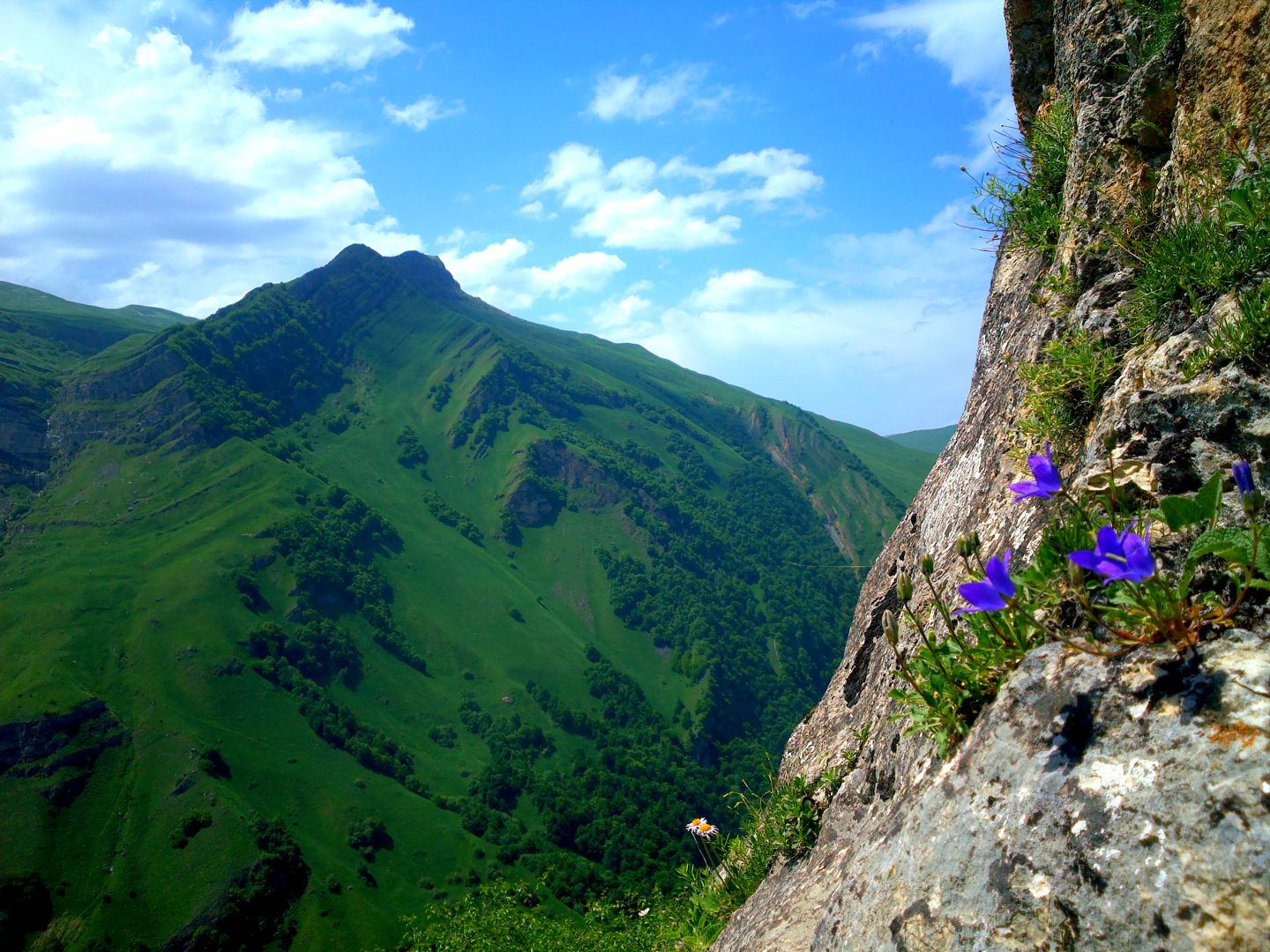
The national park is home to the rare East Caucasian tur, a mountain dwelling goat antelope found only in the eastern half of the Caucasus Mountains. Other large mammals found here are the Caucasian, Bezoar ibex, domestic goat, Caucasian lynx, Syrian brown bear, wild boar, Indian wolf, common jackal, common jungle cat, red fox, roe deer as well as bison that truly captivates nature enthusiasts.
Together with the newly arrived bison, brought from Germany's Tierpark Berlin Zoo, the number of bison in Shahdag National Park has reached 61. Ten bisons were brought to Azerbaijan from Germany as part of the bison reintroduction project implemented by the IDEA Public Union, the Ministry of Ecology and Natural Resources and the WWF Azerbaijan.
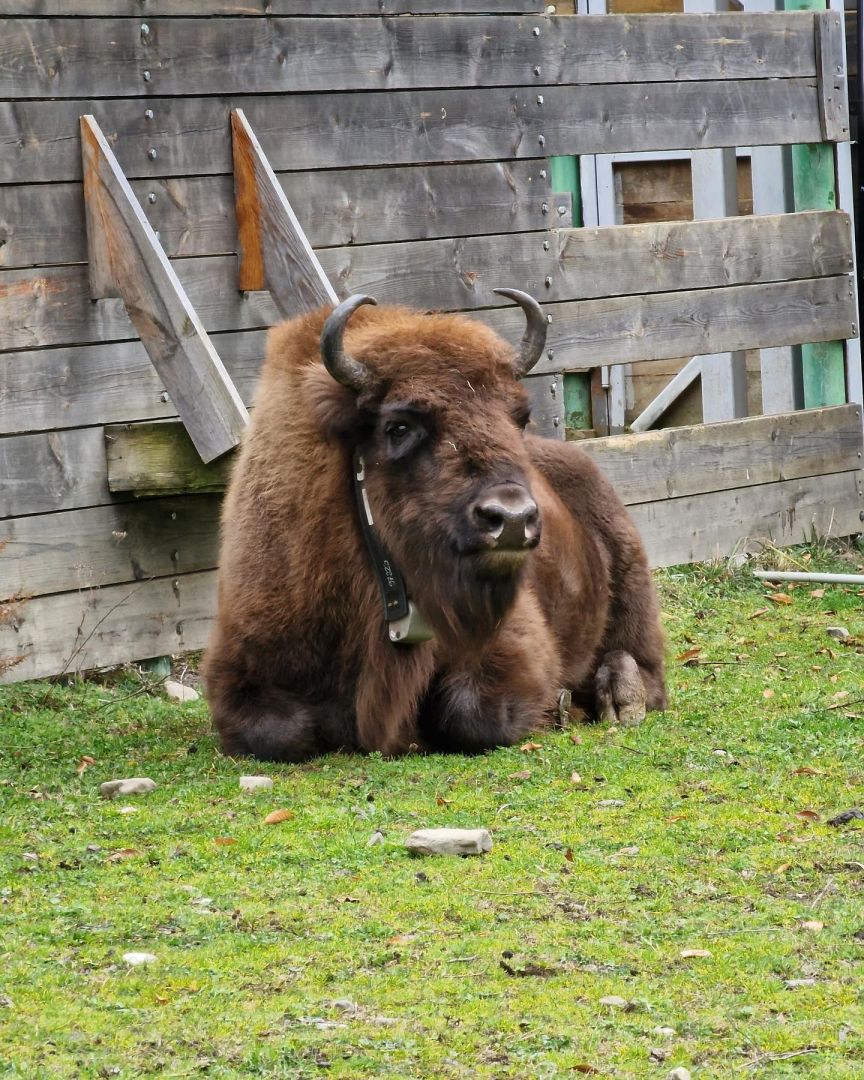
The newly brought bison will be kept in an aviary for some time. After the adaptation, they will be released into the territory of the Shahdag National Park.
Since the end of 2012, IDEA Public Union, the Ministry of Ecology and Natural Resources and the World Wildlife Fund in Azerbaijan (WWF) have been intensively working on the reintroduction of bison into the wild nature of our country.
In accordance with the Cooperation Agreement signed between IDEA Public Union and Shahdag National Park, 305 hectares of land has been allocated in the Ismailli section of Shahdag National Park for the restoration of extinct bison and their reintroduction to the nature of the country, and the breeding of other types of wild animals for scientific purposes. was done.
Since May 2019, buffaloes have been brought to Azerbaijan from Germany, Belgium, and the Netherlands.
The project is expected to be continued until 2028 and the number of bison will reach 100.
GPS bags are worn around the necks of bison brought to Azerbaijan to be constantly monitored. After two years of adaptation in the said area, the bison are released into the wild with GPS devices attached to their necks in order to track their movement trajectories and collect information about their lifestyles at a later stage.
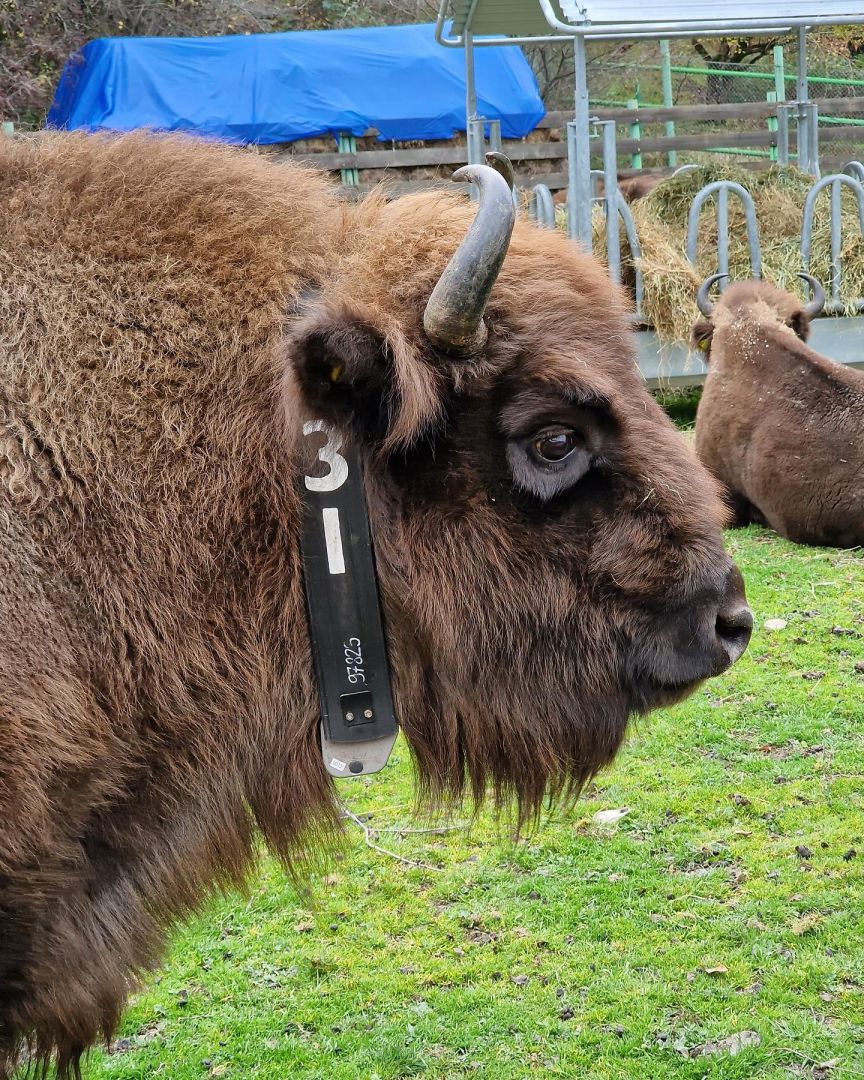
Although bison were once common in Eurasia in a very wide range, at the beginning of the last century, their population in the wild almost disappeared.
The last bison in the Caucasus Mountains was killed in 1927. The vast majority of bison in the world are bred in zoos, and efforts to restore the species continue in this way.
Taking into account the potential role of bison in the further enrichment of biodiversity in Azerbaijan and the development of forest ecosystems, the project organizers call on the population living in the northern parts and the general public to support the return of Caucasus bison to the Azerbaijani nature, their protection, and prevention of illegal hunting.
---
Laman Ismayilova is AzerNews’ staff journalist, follow her on Twitter: @lmntypewriterrr
Follow us on Twitter @AzerNewsAz
Here we are to serve you with news right now. It does not cost much, but worth your attention.
Choose to support open, independent, quality journalism and subscribe on a monthly basis.
By subscribing to our online newspaper, you can have full digital access to all news, analysis, and much more.
You can also follow AzerNEWS on Twitter @AzerNewsAz or Facebook @AzerNewsNewspaper
Thank you!


